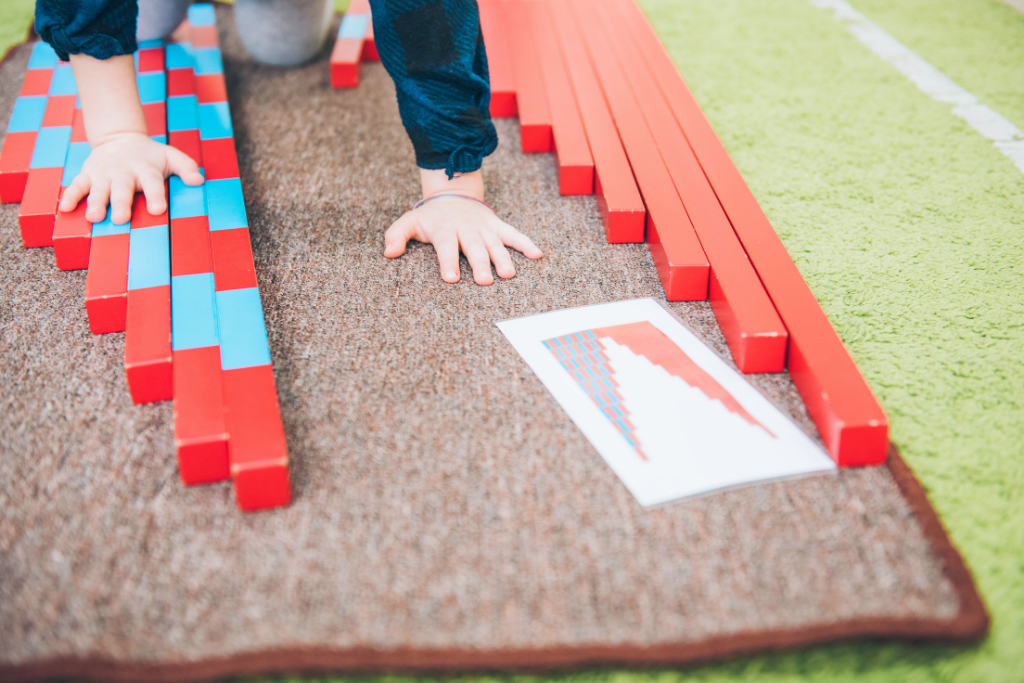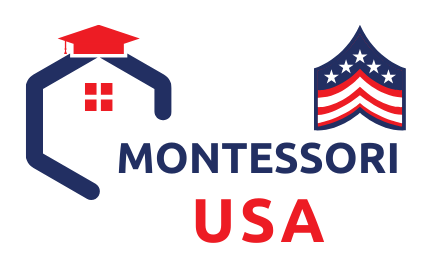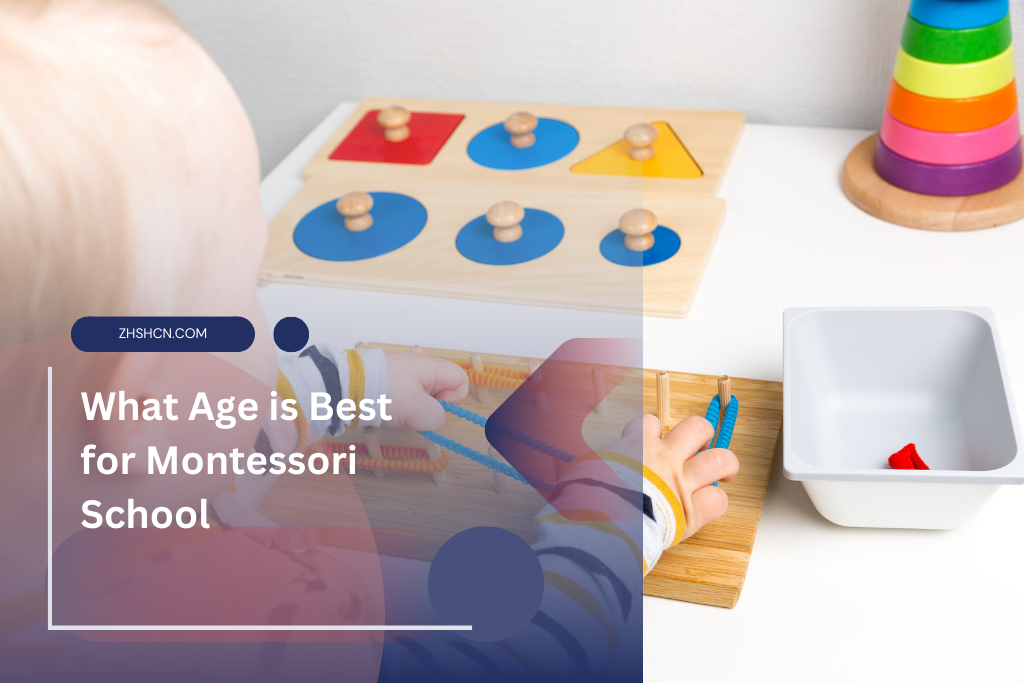If you’ve heard the buzz around Montessori education, you might be wondering, “What age is best for Montessori school?” You’re not alone. In this in-depth guide, we’ll explore the optimal age to introduce your child to Montessori, plus dive into the philosophy, classroom structure, and benefits of this unique educational approach.
🌱 The Philosophy Behind Montessori Schools
Montessori education reveres children as unique beings brimming with innate curiosity. The core philosophy aims to nurture rather than suppress these qualities. Unlike traditional schooling, which often stresses uniformity, Montessori values individual differences, offering a tailored education that suits each child’s learning style and pace.
🏫 The Structure of Montessori Classes
In Montessori educational settings, classrooms are intentionally designed to include a mix of ages, thereby mirroring the diversity one would encounter in the real world. This age diversity does more than just reflect societal structures; it actively fosters an environment ripe for collaborative learning. Older children often take on the role of mentors, guiding their younger peers through various activities and projects. This mentorship not only enhances the learning experience for the younger children but also instills a sense of responsibility and leadership in the older ones.
Unlike traditional classrooms where a one-size-fits-all approach is often the norm, Montessori classrooms prioritize individualized learning experiences. Here, each child is encouraged to work at their own unique pace, free from the pressures of keeping up with a standardized curriculum. This approach allows children to delve deeply into subjects that interest them, thereby fostering a genuine love for learning.
The Montessori method places a strong emphasis on hands-on, experiential learning. To facilitate this, classrooms are equipped with a wide array of specially designed educational materials. These materials are not your typical textbooks and worksheets; they range from sensory objects that help children develop fine motor skills and spatial awareness, to advanced mathematical tools that offer a concrete understanding of abstract concepts.
By combining age diversity with a focus on individual pacing and hands-on learning, Montessori classrooms offer a rich, multi-faceted educational experience that aims to nurture the whole child—intellectually, emotionally, and socially.
Watch the Video: Inside The Montessori School | Day In The Life Of The Primary Classroom – YouTube
🔍 Related Searches:
- Best Age to Start Montessori School
⏳ Evaluating the Ideal Time to Start Montessori Education
| Age Range | Characteristics | Best Suited For |
|---|---|---|
| 18 months – 3 years | Innate curiosity, developing independence | Montessori Toddler Programs |
| 3 – 6 years | Increasing concentration, love for structured activities | Primary Montessori Programs |
| 6 – 12 years | Development of abstract thinking, complex problem-solving | Elementary Montessori Programs |
Generally, Montessori education can begin as early as 18 months, when a child’s natural curiosity and sense of independence start to flourish. However, readiness varies, and it’s crucial for parents to observe their child’s ability to focus, their penchant for solitary play, and their eagerness to learn new skills before deciding.
👶 Montessori Schooling for Toddlers: A Close Look
In a Montessori setting, toddlers can explore activities at their own pace, bolstering problem-solving, decision-making, and social skills from an early age. The classroom setup includes multi-sensory materials like puzzles, counting beads, and sensory bins, carefully arranged to promote self-directed learning.
❓ Frequently Asked Questions
What is Montessori education? Montessori education places emphasis on independence, freedom within limits, and respect for a child’s natural development stages.
Can you explain the philosophy behind Montessori schools? It’s all about aiding natural development—fostering independence and promoting a love for learning in a prepared, stimulating environment.
How are Montessori classes structured? Classes revolve around self-directed activity and hands-on learning. Teachers serve as guides, providing age-appropriate activities based on each child’s interests.
When is the ideal time to start Montessori education? Experts often suggest starting around age 3, although some Montessori programs accommodate children as young as 18 months.
How does Montessori schooling benefit toddlers? It offers an environment for exploration and self-paced learning, aiding in motor skills, social interaction, and cognitive development.
How is a Montessori classroom different from a traditional classroom? Montessori encourages free movement and choice, with teachers as guides rather than lecturers, promoting hands-on, practical learning.
Can Montessori be adapted for homeschooling? Absolutely! Parents can adapt Montessori principles to create a home learning environment that encourages independence and exploration.
Feel empowered to make an informed decision on the right starting age for Montessori education for your child. Trust your observations and your child’s readiness, and you’re likely to find the perfect fit. 🌟


